CONTENTS




Whether you compete in sports such as cycling, running, swimming, or working out at the gym, it all requires energy. The foods that you eat on a daily basis are your bodys primary source of energy, so getting the right balance of nutrients is essential to fueling your exercise. The foods you eat must fuel both your body and mind, keeping your muscles energized and your brain focused and alert. This means digesting quality, healthy calories to achieve an optimal mix of macronutrientscarbohydrates, fats, and protein. However, finding the time to prepare and eat healthily can be difficult. The smoothies in this book take into account all of an athletes needs, including pre- and post-workout, muscle-building and carb-loading, serving up the essential ingredients at the right time to complement your workout and fuel your body.
Smoothies provide a fast and efficient way to boost your daily intake of healthy calories and give your brain and body the fuel needed for optimal performance. Pre-workout and carb-loading smoothies supply your body with essential hydration and the quality calories required to fuel the body for exercise or a big event without overloading the stomach. Post-workout, recovery, and muscle-building smoothies work to top off glycogen stores after every effort, whether in day-to-day training or following a particularly intense effort. With more than 65 no-fuss recipes to choose from, Sport Smoothies will fuel your workouts, promote muscle repair, and aid recovery, giving you an easy and delicious alternative to the bulky meals that so often lead to discomfort. 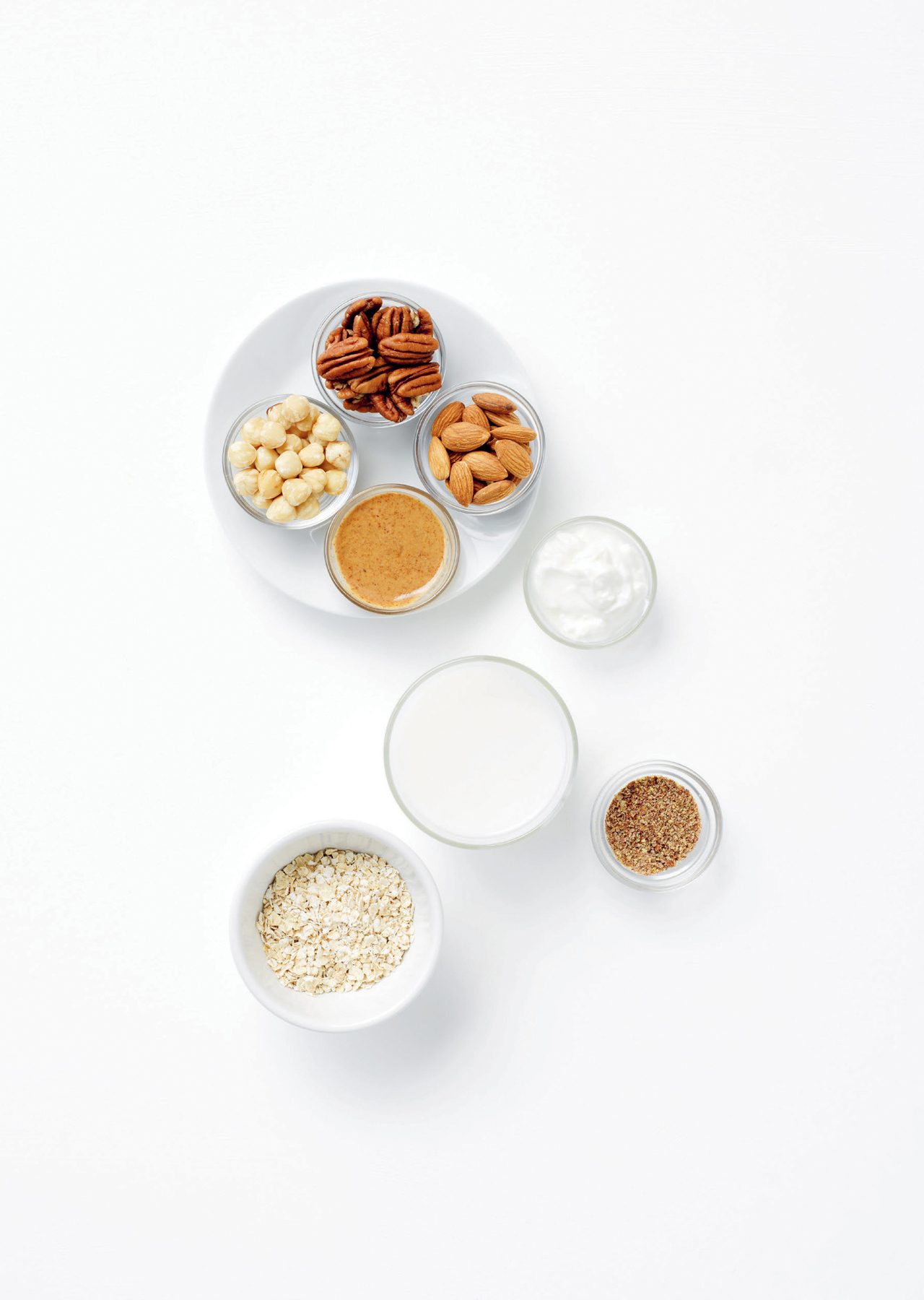
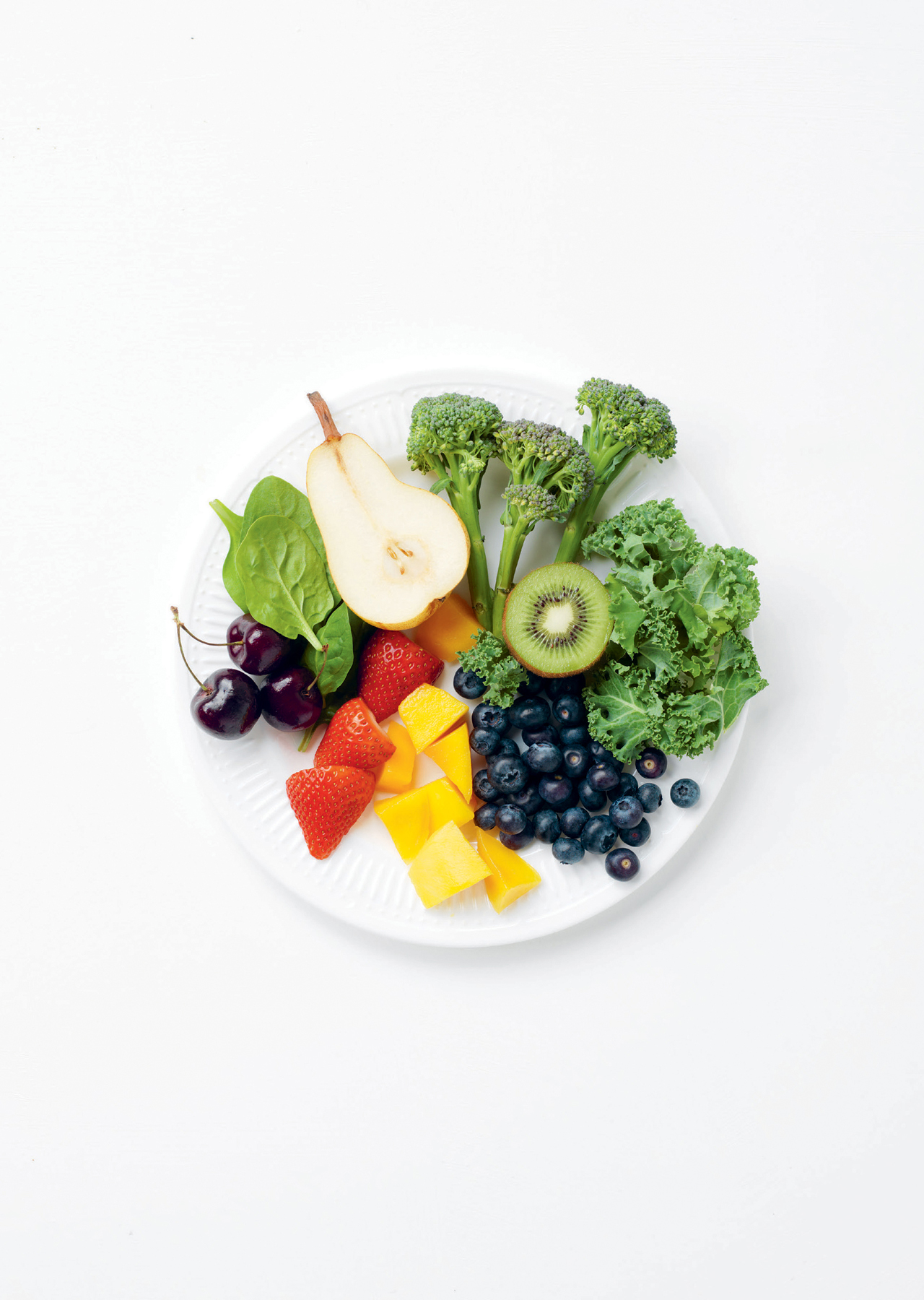
Carbohydrates, fats, and protein all work to fuel your body. When you know the role each macronutrient plays, you can make better decisions about what foods to eat and when to eat them.
Youll find the smoothies grouped accordingly, and at the start of each section you can review the nutritional information for each one. This information can be useful in meeting the demands of everyday training, and particularly in preparation for competition or racing. Carbohydrates This macronutrient is the bodys primary source of energy and is made up of two types: simple carbohydrates and complex carbohydrates. Simple carbohydrates include sugary foods, fruit, milk products, select refined grains, and simple sugars. Complex carbohydrates include many vegetables and starchy foods such as whole grain breads, potatoes, cereals, pastas, and rice. All carbohydrates must be converted to glucose and glycogen before they can be used as fuel for your body.
Complex carbohydrates are broken down more slowly than simple carbohydrates, so they provide a slower release of energy. Whether you are swimming, cycling, or running, your working muscles are fueled by glucose in the blood and by glycogen stores in the liver and muscles. When your body has a sufficient supply of glucose, carbohydrates are converted to glycogen and stored. When glucose is in short supply, glycogen is converted to glucose and made ready for use. Post-workout, it is a good idea to replenish your glycogen stores, which will boost your energy levels for the rest of the day. FOODS HIGH IN CARBOHYDRATES  Fruits.
Fruits.
Most fruits provide a quick and healthy source of energy, making them good fuel for endurance sports. Strawberries, pears, mangoes, bananas, kiwi, cherries, apricots, and blueberries are just some of the fruits high in carbohydrates.  Dark Green Leafy Vegetables. Kale, broccoli, and spinach are nutritionally dense and are ideal in green smoothies. The added fiber helps to slow the absorption of sugar to provide the body with a slow, steady release of energy, which leads to improved physical and mental alertness.
Dark Green Leafy Vegetables. Kale, broccoli, and spinach are nutritionally dense and are ideal in green smoothies. The added fiber helps to slow the absorption of sugar to provide the body with a slow, steady release of energy, which leads to improved physical and mental alertness.  Rice & Oats.
Rice & Oats.
Rice milk and oats also top off glycogen stores with the slow-release energy that fuels your body for sport. Fats There are two types of fat: saturated and unsaturated. Saturated fats are the unhealthy fats found in foods such as butter, cheese, and fatty meats, while unsaturated fats are the healthier fats found in vegetable oils, fish oils, nuts, seeds, and avocados. We all need fat in our diet. Not all fats are equal, but like carbohydrates, fats can provide the body with energy. In fact, fats yield 9 calories per gram compared to only 4 calories per gram of carbohydrates.
However, fat is a much slower source of energy so when you are exercising hard, your body turns to glycogen stores for a more immediate release of energy. During longer duration, steady-paced efforts, your body tries to conserve as much of its glycogen reserves as possible, instead accessing fat stores for energy. Your body will convert excess carbohydrate and protein in your diet into fat, but it cannot manufacture certain essential unsaturated fatsthe foods you eat are your bodys only supply of these healthy fats. The essential fatty acids are omega-3, found in fish, flax seeds, and walnuts, and omega-6, found in vegetable oils, such as olive oil and sunflower oil. Fats act as a carrier for fat-soluble vitamins, including vitamins A, D, K, and E, and they provide insulation and protection for your body. FOODS HIGH IN HEALTHY FATS 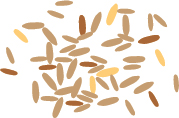 Flaxseeds.
Flaxseeds.
High in omega-3 fatty acids, flaxseeds also contain B vitamins, magnesium, and manganese. B vitamins are involved in the release of energy from food; magnesium plays an important role in muscles contraction; and manganese is a vital component of many enzymes involved in energy production.  Peanut Butter. Peanuts are high in healthy unsaturated fats and calorically dense. They also contain B vitamins, phosphorus, iron, copper, potassium, and vitamin E.
Peanut Butter. Peanuts are high in healthy unsaturated fats and calorically dense. They also contain B vitamins, phosphorus, iron, copper, potassium, and vitamin E.  Almond Butter.
Almond Butter.  Almond Butter.
Almond Butter.
Almonds are a good source of vitamin E and antioxidants, which give the immune system a boost. They also contribute to a healthy heart.


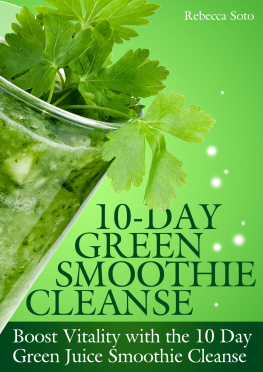
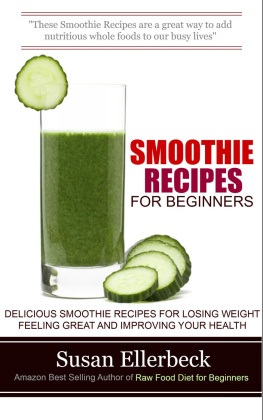
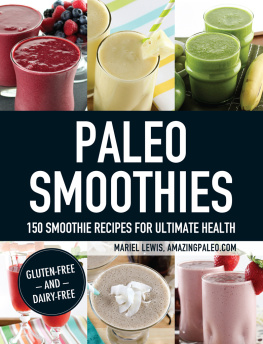
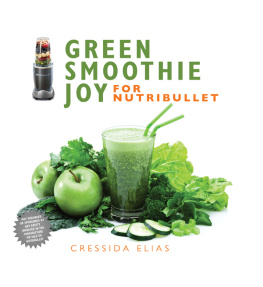
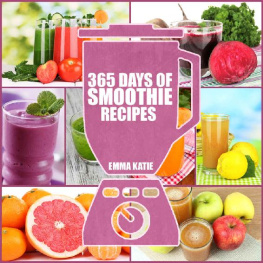
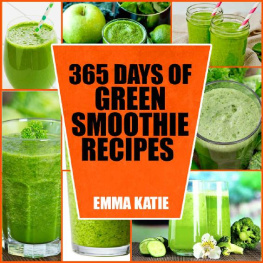
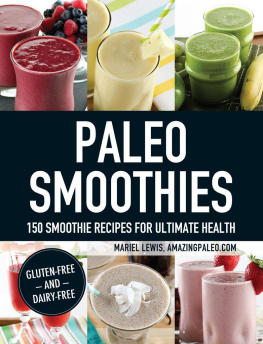
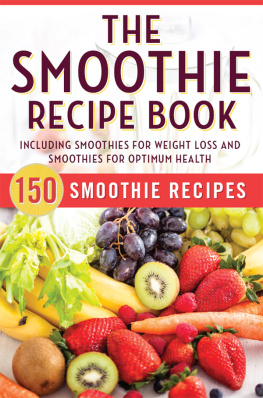
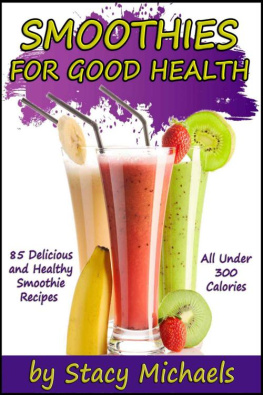
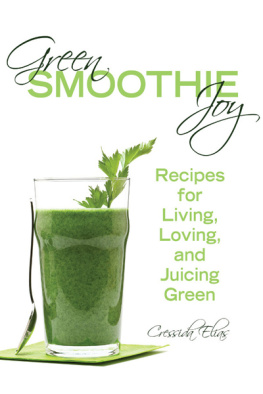






 Fruits.
Fruits. Dark Green Leafy Vegetables. Kale, broccoli, and spinach are nutritionally dense and are ideal in green smoothies. The added fiber helps to slow the absorption of sugar to provide the body with a slow, steady release of energy, which leads to improved physical and mental alertness.
Dark Green Leafy Vegetables. Kale, broccoli, and spinach are nutritionally dense and are ideal in green smoothies. The added fiber helps to slow the absorption of sugar to provide the body with a slow, steady release of energy, which leads to improved physical and mental alertness.  Rice & Oats.
Rice & Oats. Flaxseeds.
Flaxseeds. Peanut Butter. Peanuts are high in healthy unsaturated fats and calorically dense. They also contain B vitamins, phosphorus, iron, copper, potassium, and vitamin E.
Peanut Butter. Peanuts are high in healthy unsaturated fats and calorically dense. They also contain B vitamins, phosphorus, iron, copper, potassium, and vitamin E.  Almond Butter.
Almond Butter.